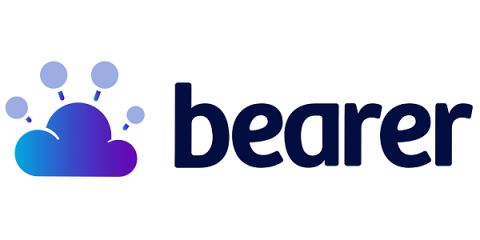What you need to know about DPIAs
Data protection impact assessments (DPIA), sometimes referred to as a Privacy Impact Assessment (PIA), are a tool used to describe how you intend to process and protect the personal information(PI, PII, etc) of individuals. Many forms of regulation including the GDPR and some compliance standards will require a DPIA depending on the risk levels associated with the data you are processing.


